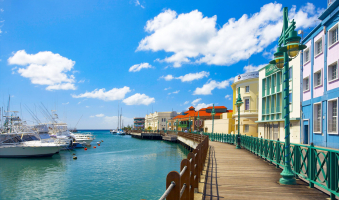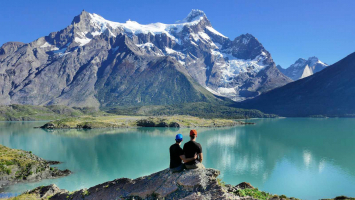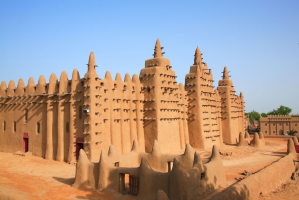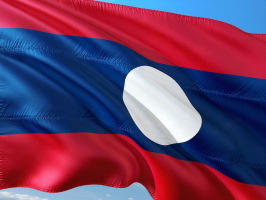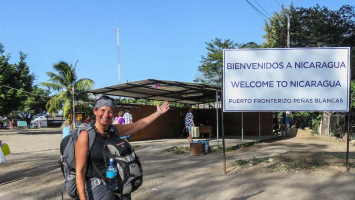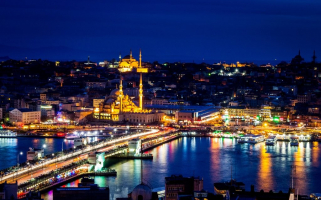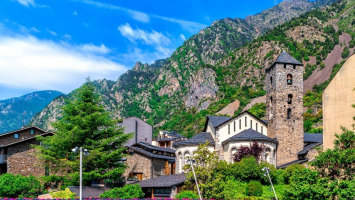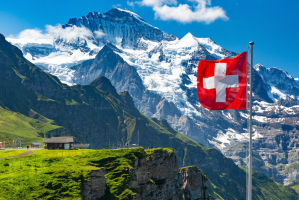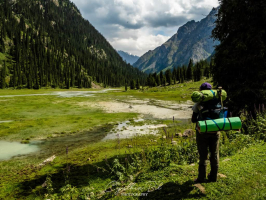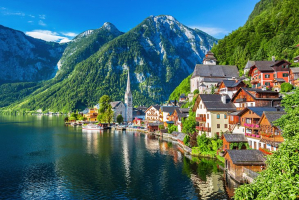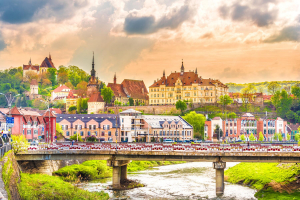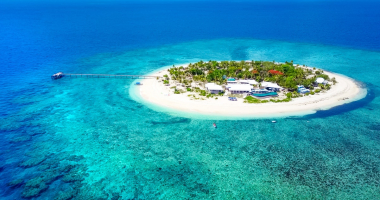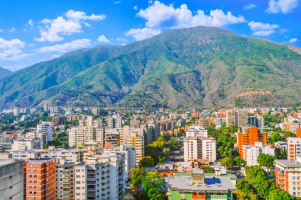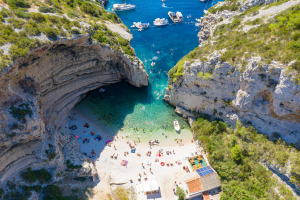Top 10 Things about Lebanon You Should Know
Lebanon, the Middle East's smallest country, has a history spanning over 7,000 years. It's an intriguing blend of the Middle East and the West, tradition and ... read more...modernity, and Christianity and Islam. Along with its gorgeous beach resorts, great cuisine, and hedonistic capital city, this duality makes it a popular holiday destination. Many places, notably Palestinian refugee camps, Syrian borders, and the entire Hermel area, are still off-limits to visitors due to decades of civil conflict and quick-erupt sectarian violent uprisings. Here are the top Things about Lebanon You Should Know for the first time travelers.
-
If you are considering a trip to Lebanon, you are undoubtedly interested in the Middle East or know why Lebanon is so great. You have used Skyscanner to find the cheapest tickets to Beirut, booked your accommodation through booking.com, Hostelworld, or Airbnb, and have an idea of what you want to do while in Lebanon. This is definitely one of the best things about Lebanon You Should Know. You are probably aware that you can not enter the country with an Israeli visa stamp, and you have checked your local government's website to see what they have to say.
You probably did all of it, or you can do it now. And now you want to know what it's like to visit Lebanon and tour Beirut and the other great attractions. Here are some things you will not find in a guidebook, but rather many travelers' first-hand observations of things that stood out to them when traveling in Lebanon. Hope you'll enjoy it!
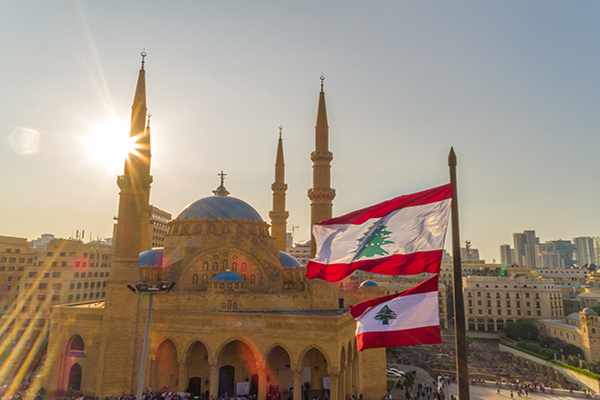
penntoday.upenn.edu 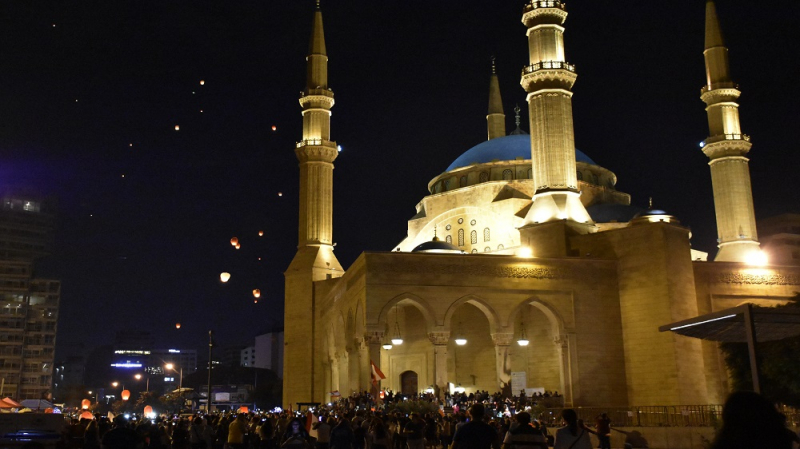
studies.aljazeera.net -
If you fly to Lebanon, you will almost certainly arrive in Beirut. Because Lebanon is now only accessible by flight, you will most likely arrive at Beirut airport and visit the capital first. This bustling metropolis seemed surprisingly calm. Even if you dislike big cities, you may devote one day to exploring Beirut. This was more than enough because the rest of the country is just as interesting and diverse!
Many visitors to Lebanon spend a week or ten days in the capital, taking day trips around the nation. Although there is nothing wrong with that, many travelers found the other cities and villages in Lebanon to be equally impressive, and staying overnight, for example, in Byblos or the Bekaa Valley, allows you to explore more thoroughly rather than hurrying back to Beirut.
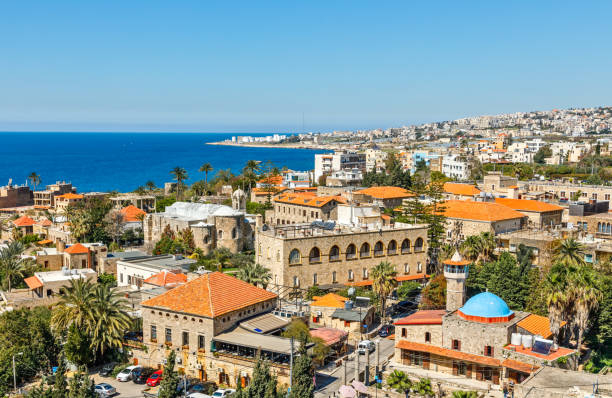
istockphoto.comv 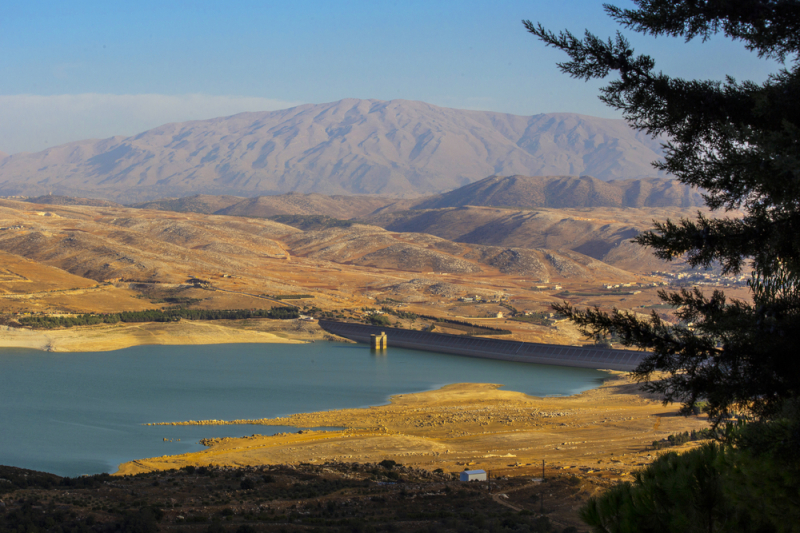
winetourism.com -
Yes, there is a continuous fight between Hezbollah and Israel, which primarily takes place in southern Lebanon. If you want to travel further south than Tyre, you'll need a permit, which you may receive in Saida. The UNIFIL (United Nations Interim Force in Lebanon) is in charge of the region, and you can see them on the streets.
People continue about their daily lives, stores are open, and families go out for a picnic. The Bekaa Valley has some incredible treasures and you will enjoy your stay there. You will be entirely safe traveling the nation on your own. Going out at night, wandering the streets of Beirut, but also of Tyre, Tripoli, and Zahlé. You will enjoy it since it will feel like any other city in the world.
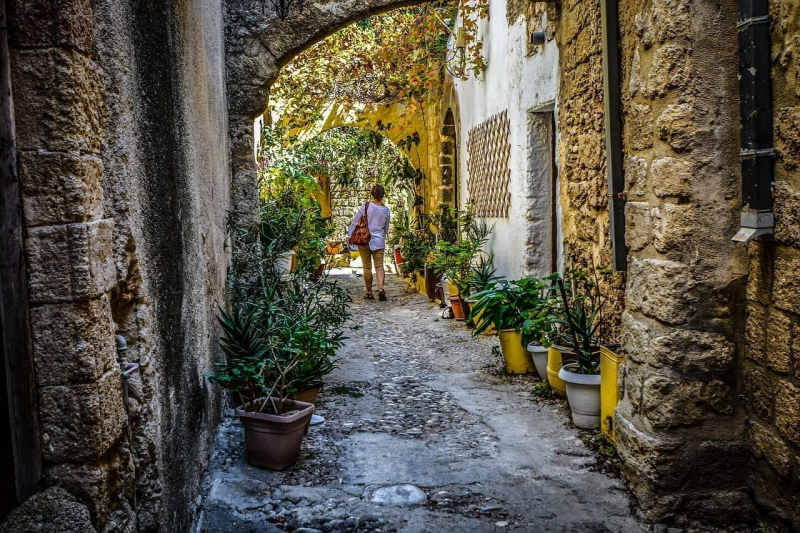
welcomepickups.com 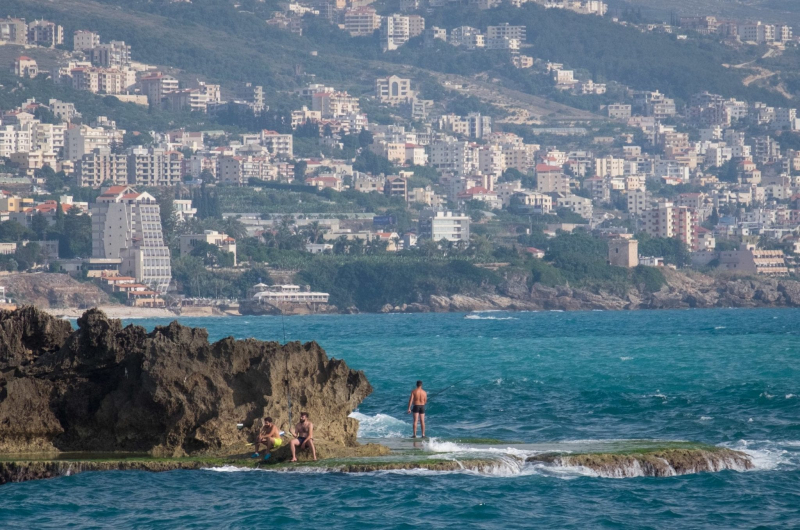
adventurouskate.com -
One thing is certain: a vacation in Lebanon is not your standard tourist destination. If you forget to pack something, it can be difficult to find what you need after you arrive.
When it comes to clothing, keep in mind that Lebanon has a Mediterranean climate. Temperatures can easily exceed 35°C, and the sun shines in a gorgeous blue sky for almost 300 days out of the year. As a result, you'll need light clothing to keep cool. Wearing anything too short is not permitted in Lebanon. Avoid plunging necklines, bare arms and shoulders, and shorts that expose your legs, especially if you are a lady. If you want to attend a holy place, the same rules apply to men. Swimsuits are permitted on the beach, but remember to dress appropriately. Even if they make you seem wonderful, avoid bikinis that are too tiny. In addition to your flip-flops, bring a nice pair of hiking shoes.

hellyhansen.com 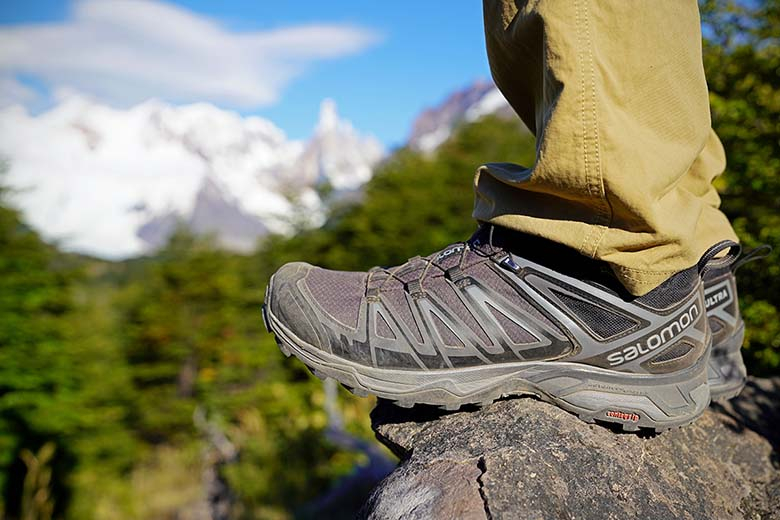
switchbacktravel.com -
Lebanon is an inexpensive place to visit. Bring a wad of US dollars and use them to pay for practically anything. Simply request change in Lebanese pound and you will never need to stop at a bank or exchange office throughout your journey to Lebanon. Of course, withdrawing money from an ATM or exchanging money at an exchange office is absolutely acceptable; however, it is quicker to convert money at hotels, cab drivers, larger stores, and restaurants.
Even if you have Euros at home, you should carry US dollars with you to Lebanon because you will not need to withdraw money. It is very simple to compute because one dollar = 1.500 LL. Pay using smaller dollar notes (like as $20) and keep some Lebanese money on hand for sharing taxis, buses, and modest purchases in shops.
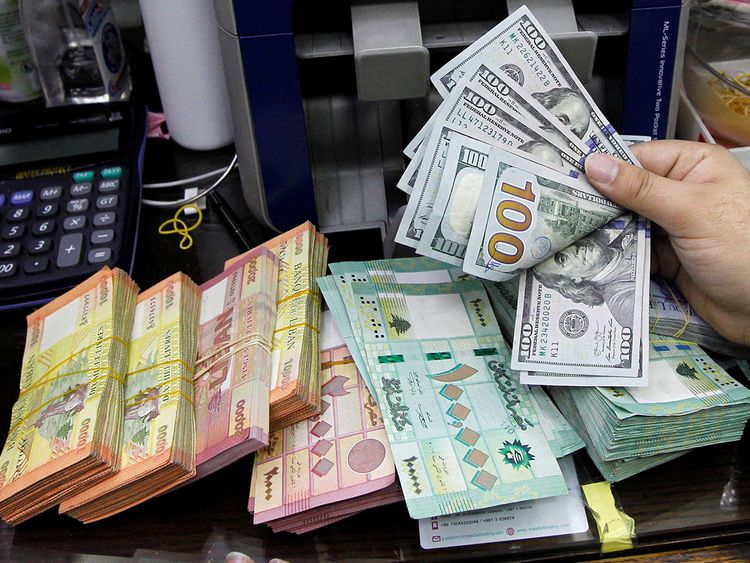
gulfnews.com -
Traveling in Lebanon might be expensive. Expect to pay the same prices in Lebanon as you would in Europe or North America. The pricing level should be comparable to that of the Netherlands, France, Italy, and the United Kingdom. The shared transportation service was reasonably priced, but hotels, meals, and sights will eat into your travel budget.
A mid-range hotel room in the United States will cost between $80 and $100. A Lebanese supper with mezzes, drinks, main course, and dessert will cost between $25 and $40, depending on the number of individuals sharing the meal. A tour from Beirut can cost as little as $80 for a group tour and as much as $250 for a private tour. Therefore, you should calculate your spending and find some budget tips on the Internet before traveling to Lebanon !!
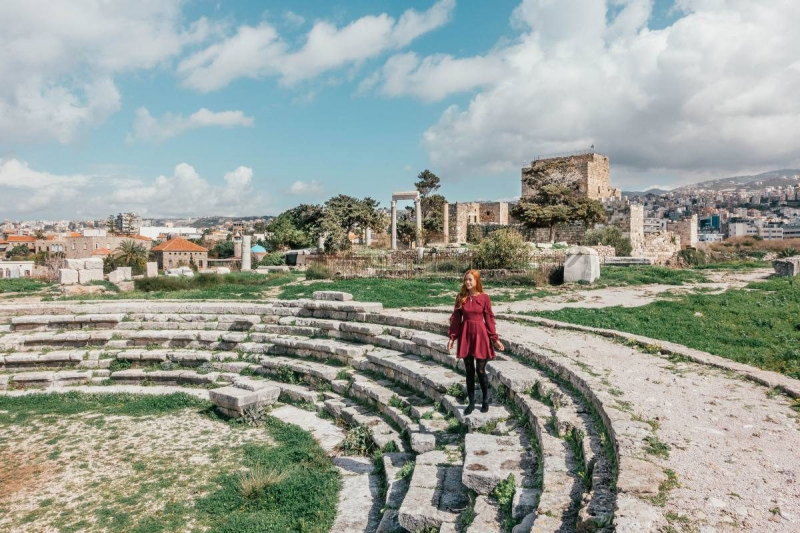
annaeverywhere.com 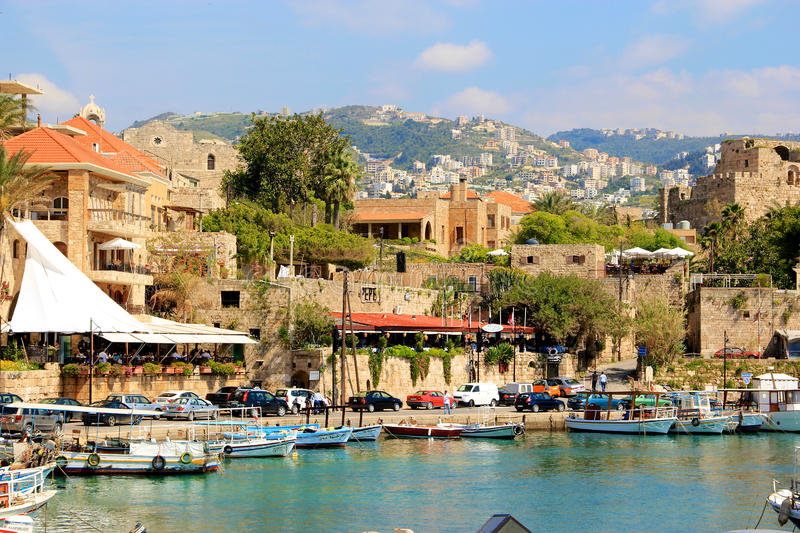
dreamstime.com -
It appears to be a regulation that taxis to and from the airport must be prohibitively expensive in Lebanon. Even if the airport is only a 20-minute drive from downtown. When taking a cab from Beirut airport to downtown Beirut, the fixed pricing appears to be $27 at the present. Expect to pay $23 to get from downtown Beirut to the airport. Your hotel can easily arrange for a taxi, which will be waiting for you with a sign bearing your name.
Allo Taxi is frequently utilized for this service, although you can also order them yourself. You can request a cab from the airport to downtown Beirut for $23 if you download their apps. Returning will cost 25.000 LL or 16-17$, saving you a few dollars for the same service. But don't utilize them to move around Beirut; a single ride would cost you around $10, when a shared service taxi will cost you no more than $1.50.
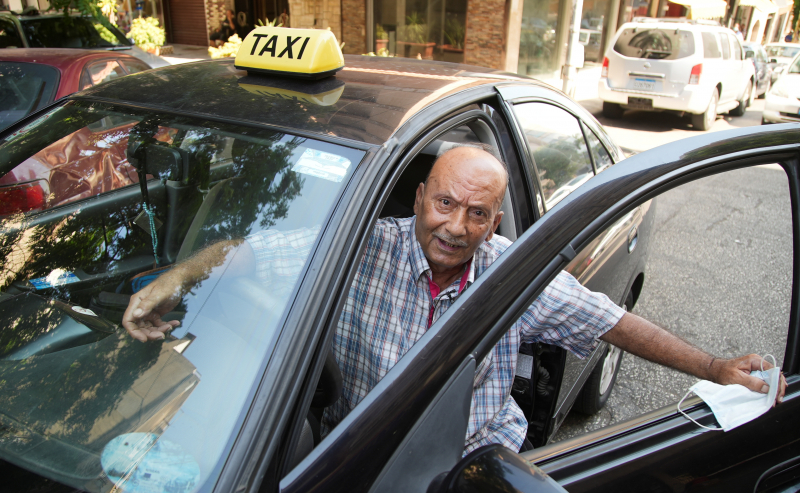
google.com -
Lebanon is one of the world's smallest countries, but it's also one of the most diversified - situated against the Mediterranean Sea to the west, Lebanon rises fast from sea level to an elevation of nearly 10,000 feet. The ski season in the country normally lasts from December to April. In the spring, the weather is frequently ideal for a day at the beach.
On a perfect spring day, one can hit the slopes in the morning, followed by a refreshing plunge in the Mediterranean. Lebanon takes pride in its diversity, and for good reason. It is true that you can go skiing or snowboarding in Lebanon's mountains in the morning. Then, in the afternoon, jump into the Mediterranean Sea. However, this also means that the weather can change dramatically within a one-hour drive! It could be 22 degrees in Beirut and you could be stranded in a snow blizzard one hour away.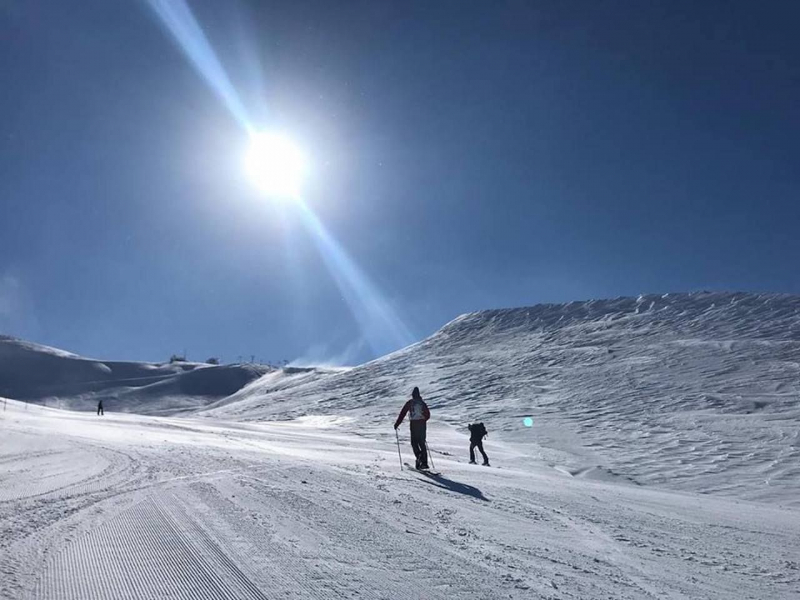
matadornetwork.com 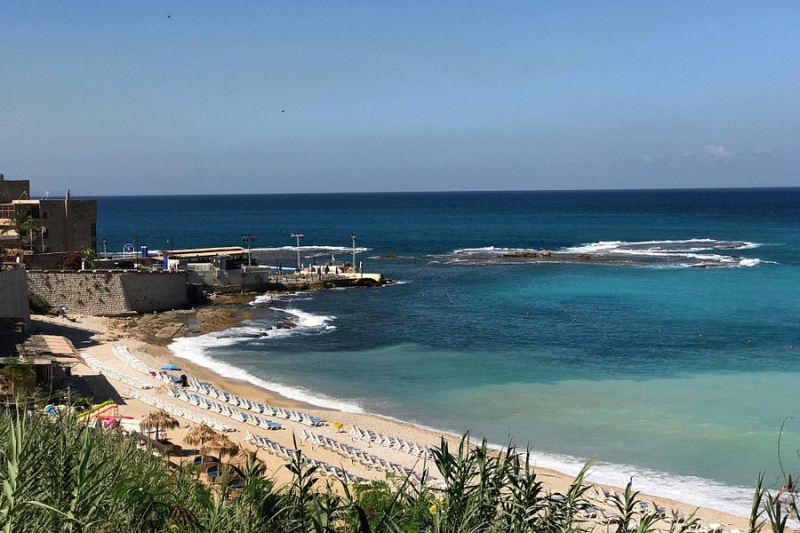
tripadvisor.com -
When visiting any country, it is a good idea to seek guidance from the locals. They are the most familiar with the area; they know whether or not roads are open, how long things take, and how much simple things cost. The receptionist at your Beirut hotel can be extremely helpful, as can the staff at the local tourism bureaus.
People in Lebanon, however, might be somewhat biased in their comments and advise. They may become irritated by your enquiry, or they may direct you to the incorrect location. For example, a traveler approached a lady at the reception desk of her Beirut hotel about taking a day trip to Tyre, and she produced a terrible look. Therefore, you should find the way carefully before traveling to Lebanon or you can take a map to find the place that you need.
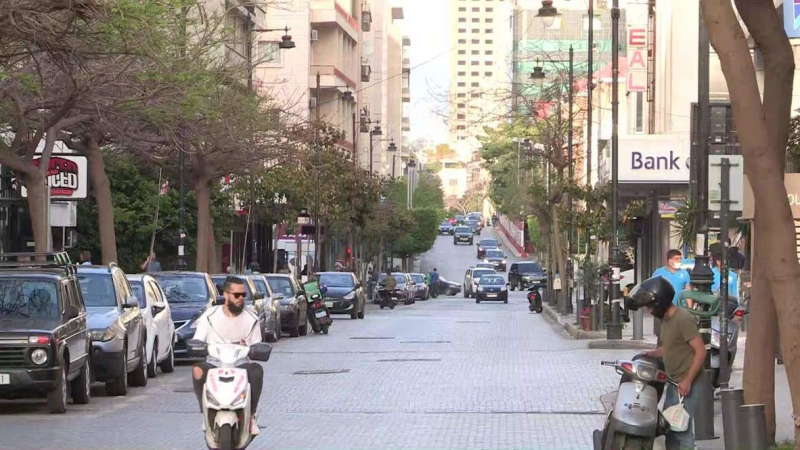
ruptly.tv -
Byblos is the world's oldest continually inhabited city. It's around 20 miles (30 kilometers) north of modern Beirut. Byblos is a Greek name. Interestingly, the global papyrus gained its Greek name – Byblos – as it was exported to the Aegean via Byblos. So the English word Bible is actually derived from Byblos — it's a "papyrus book."
Recent investigations revealed that Byblos was occupied as early as the Neolithic period, which lasted from 8000 BC to 4000 BC. It was known as Kubna in Ancient Egyptian and was a major harbor for the shipment of cedar and valuable wood to Egypt. We know this because Egyptian monuments and inscriptions are extremely similar to those discovered along the Nile. The world's first alphabet was also developed here. Byblos was the birthplace of the Phoenician alphabet.
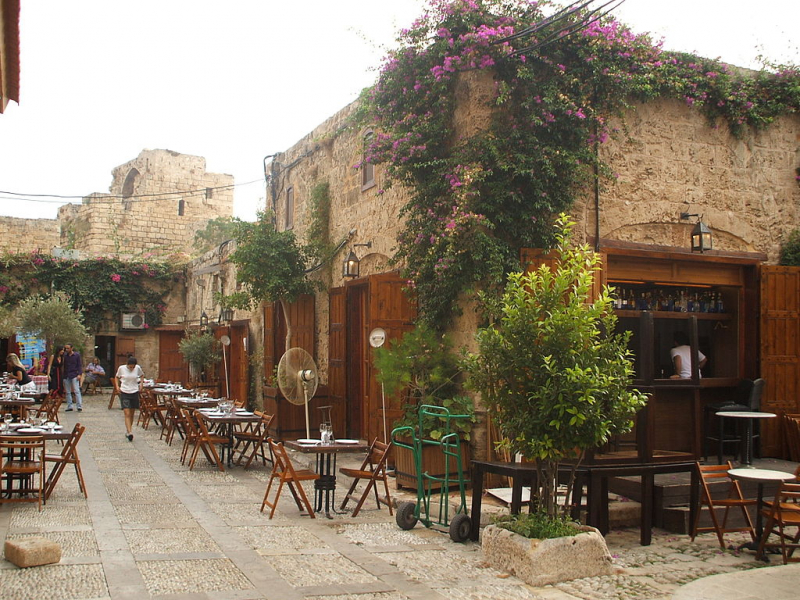
wikipedia.org 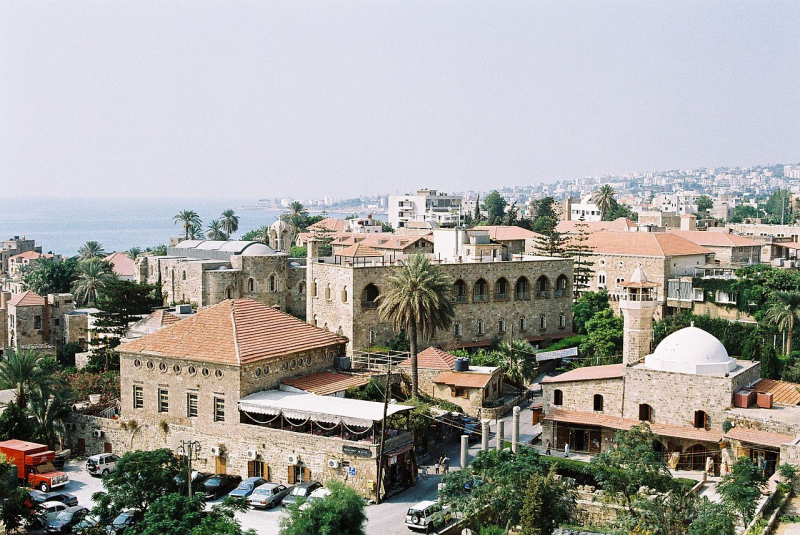
wikipedia.org












